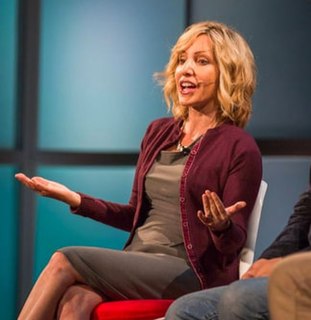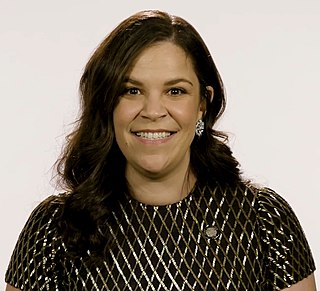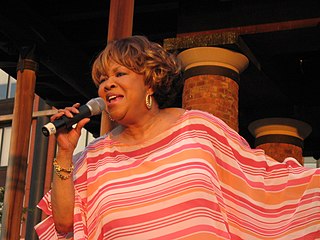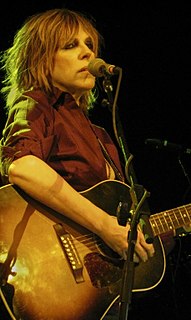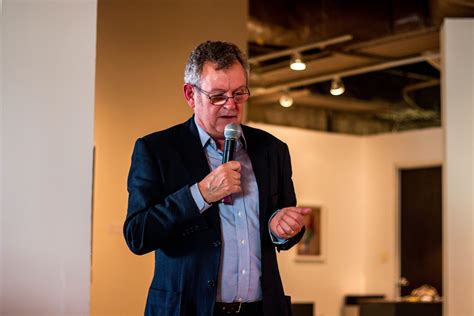A Quote by Marianne Williamson
We're often afraid to do anything unless we know we can do it extremely well. But we get to Carnegie Hall by practicing. I remember how freeing it was several years ago to read in an interview with Joan Baez that some of Bob Dylan's early songs weren't so wonderful. We have this image of genius springing fully grown out of Zeus' forehead.
Related Quotes
Bob Dylan was really mad with my wife. I had asked by Rolling Stone - the only assignment I ever had for them - to do a story on the Rolling Thunder Review, which was Bob Dylan, Alan Ginsberg, Joan Baez and a host of stars. My wife, some weeks before, had written in The New York Times that The Kid wasn't The Kid anymore and he wasn't all that winning anymore.
I'm also a big Bob Dylan fan. The songs on The Freewheelin' Bob Dylan - which is one of his best early albums - they grow out of some of his difficulties with Suze Rotolo, and "Hard Rain," people say it had to do with the Cuban missile crisis - probably not. He denied it. I believe him, but it certainly had to do with the time.
But if you get a kick out of "The Jerry Springer Show," you're going to love it! The idea of hearing these lyrics and profanities - like the chorus at the top of the show - the idea that we're going to hear it in Carnegie Hall is just genius. It's been written with real care! It's not some crappy little musical that somehow found its way off-Broadway with vulgar-intentions. This is really beautiful, operatic music. It has a place in Carnegie Hall.
We enjoyed the fact that we were called to the folk festivals and we got to know Joan Baez, Dylan. We were singing strictly gospel, but then after we started hearing songs that they would sing, we saw that those songs were very fitting for us because they were singing the truth, and truth is gospel.
Then about 12 years ago it dawned on me that folk music - the music of Woody Guthrie and Phil Ochs, early Bob Dylan, Johnny Cash, Pete Seeger - could be as heavy as anything that comes through a Marshall stack. The combination of three chords and the right lyrical couplet can be as heavy as anything in the Metallica catalogue.
When I started out playing guitar and singing, I was about twelve, going on thirteen. The role models for me back then were the folk singers. They all had these high, really nice voices and ranges, like Judy Collins and Joan Baez, and then later, of course, Joni Mitchell and Linda Ronstadt. I decided early on that I was going to learn how to write songs really, really well, because I didn't want to have to compete as a singer. I didn't feel that it was my strong point.




